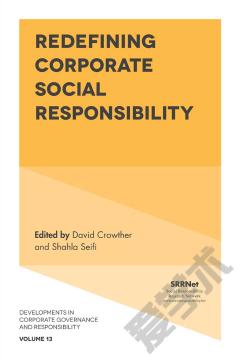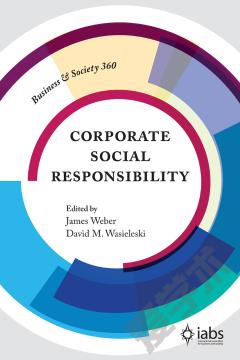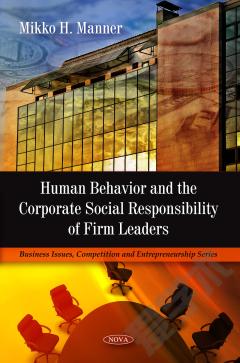The Dynamics of Corporate Social Responsibilities
The book looks at corporate voluntarism from a socio-legal perspective and places CSR in a regulatory context. The responsible practices of leading businesses have a role in the rule-making process by clarifying general, flexible concepts such as âdue diligenceâ, âreasonabilityâ, âforeseeabilityâ which all have a bearing on findings of corporate ânegligenceâ. Procedural regulations seeking to encourage the adoption of sound procedures can coexist with a managerial sense of social responsibility and with the regulatory potential of various private actors to move companies towards compliance. The study thus challenges the widespread dichotomy between law and CSR. Besides showing the complementarity between corporate voluntarism and public policy there is a practical necessity for âscaling-upâ CSR. The impact of corporate voluntarism can be enhanced by states recognising their own role in the institutionalisation of the emerging CSR regime. The study identifies a multitude of nodal points that states can stimulate through a wide range of regulatory options starting with capacity-building measures to policy pronouncements to hard law. (Less)
{{comment.content}}








 京公网安备 11010802027623号
京公网安备 11010802027623号